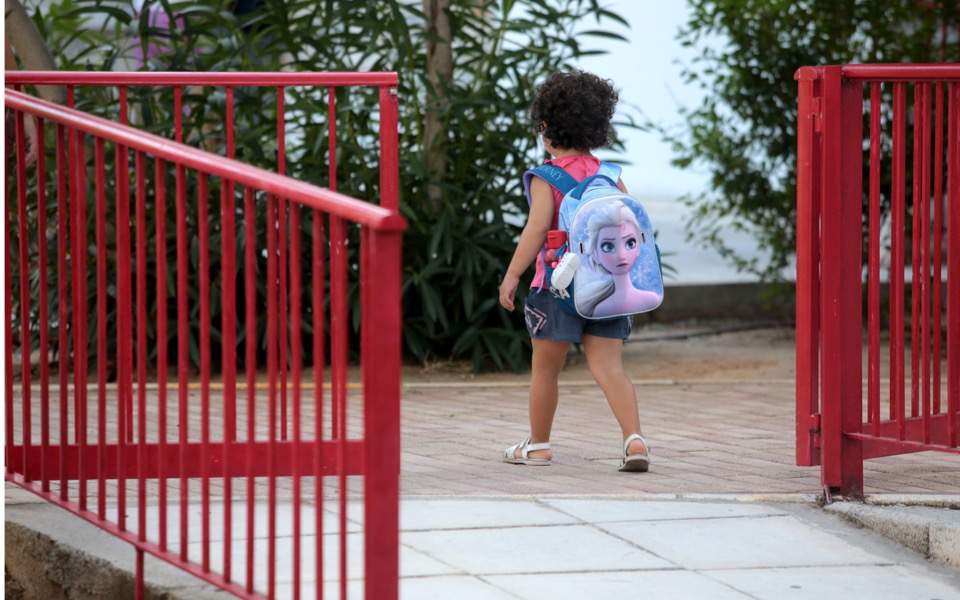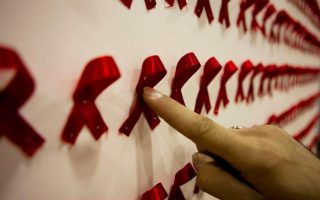Asperger’s on a remote island

On a remote Greek island in the Aegean, K. and K. have built their life that includes a small bookstore and a beautiful house. They face many difficulties, not having access to things that seem self-evident to those of us in big cities, but they decided to stay put and fight. Then their son was born and their problems started to grow. A. was diagnosed with Asperger syndrome, a neurodevelopmental condition on the autism spectrum. He is brilliant – he learned to read before he was 3 – but he has limited social and reduced communication skills. There is no neurologist or psychiatrist on the island, nor are there occupational therapy options. The family is forced to travel frequently to Thessaloniki, where specialists monitor their son. This not only entails an unbearable cost but also a feeling of insecurity: If something goes wrong, they have to cope all by themselves.
Last year, in kindergarten, everything went smoothly, thanks to a parallel support teacher who helped the child acclimatize. This year, in first grade, the same thing had to happen, so that A. could respond to a complex and stressful situation. Therefore, a request was sent from the school to cover two parallel support teacher positions, since there is another child with learning difficulties. Only one was covered. A. must adapt alone in this unknown environment.
“It’s a start, let’s see how it goes,” the school management told the parents. But this is precisely why the child’s parents are in despair. If the boy becomes afraid or loses interest in the first crucial weeks, then it will be difficult, if not impossible, to integrate into the school environment. “Even if we could somehow pay for a special educator ourselves, where would we find them? Even our hospital has only one paediatrician, and the emergency department works with district physicians who travel from the villages,” they say.
According to the Teaching Federation of Greece, vacancies in schools of all grades amount to 18,000, 10,000 of which are in primary education. Education Minister Kyriakos Pierrakakis says that Greece has eight children per teacher, while the Netherlands has 16. But the numbers do not concern the parents of A., who cannot help but feel like second-class citizens.





